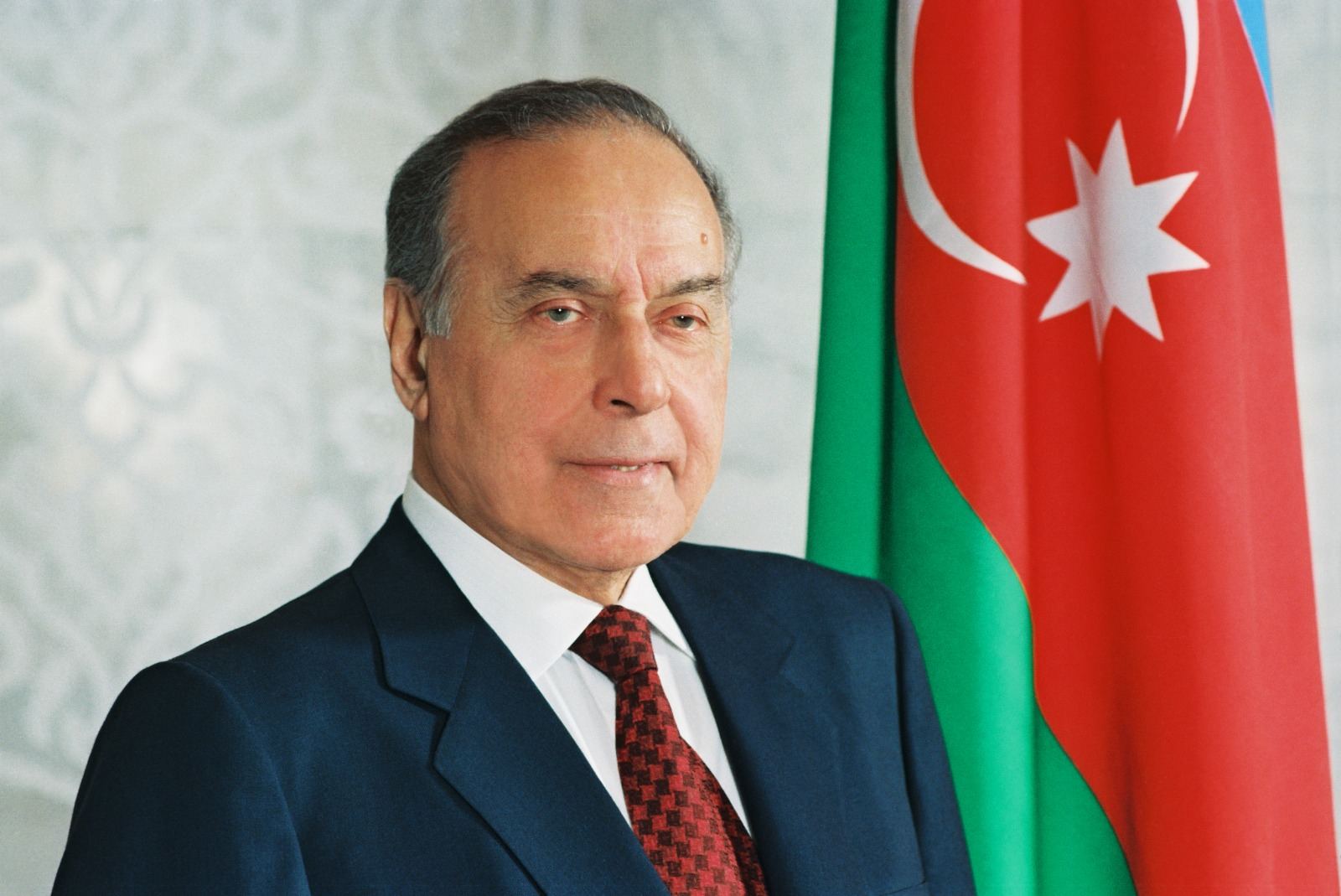BAKU, Azerbaijan, December 12. Azerbaijan’s National Leader Heydar Aliyev was an emblematic statesman of Eurasia and Azerbaijan, Peter Tase, US expert and scholar on the geopolitics of Eurasia, told Trend.
"He has always been dedicated to shaping democratic institutions and forging transatlantic economic alliances. Heydar Aliyev is the founder of modern Azerbaijan and has, in many aspects, conducted impressive public policy reforms that are comparable to what the founding fathers conceptualized for the early stages of the United States government," he said.
Tase pointed out that, during his time in the Soviet Union Politburo office, Heydar Aliyev contributed immensely, ensuring that the Soviet Union did not engage in a nuclear conflict with Western countries and NATO.
"Heydar Aliyev was a superb military strategist, a brilliant military tactician who demonstrated courageous and visionary efforts in shaping the Armed Forces of Azerbaijan. The country is a member of the UN, International Organization of Turkic Culture, and many other global organizations, thanks to the statecraft and vision of Heydar Aliyev, the first president of modern Azerbaijan. He was an emancipated leader who invested his entire life in the prosperity of Azerbaijan, preserving regional security, and crafting geopolitical alliances throughout Europe," he added.
In turn, US analyst Irina Tsukerman highlighted that Heydar Aliyev's role in Azerbaijan's transition from the period of the Soviet Union and the tough years of post-Soviet partial occupation by Armenia into modernity laid the foundation for the strong, independent, secure, and prosperous state that Azerbaijan is today.
"Moreover, the post-Soviet period was characterized by the necessity to engage in international diplomacy and form alliances to address threats to the country's national sovereignty and territorial integrity. Concurrently, efforts were made to capitalize on natural resources, all while grappling with internal displacement and a refugee crisis resulting from Armenian occupation. Notably, those who were displaced were not abandoned. Furthermore, Azerbaijan consistently projected an image of complete independence, even during the darkest moments when the country had to overcome the economic challenges inherited from the post-Soviet era," she noted.
Tsukerman added that, under Heydar Aliyev's leadership, Azerbaijan remained unwavering in its pursuit of sovereignty.
"Simultaneously, the country firmly aligned itself with the West, establishing itself as a crucial partner to NATO. Azerbaijan emerged as a beacon of regional stability, demonstrating resilience in the face of challenges. It actively participated in and eventually became a leading actor in the non-aligned movement, basing its global role on a diverse balance of relations with Europe, the United States, the Middle East, and other nations," the expert concluded.







